Uganda
Kakwenza Rukirabasaija was taken from his prison west of the Kampala and driven by men suspected to be military intelligence operatives, his lawyer said.
He had been granted bail by a court only hours earlier. His lawyer said when he arrived at the prison to deliver his client's release order, he was told that Rukirabasaija had been picked by unknown people.
His bail hearing had taken place via video link.
He was charged on January 11 with "disturbing" the peace of Ugandan ruler Yoweri Museveni and his son, Muhoozi Kainerugaba, in a series of unflattering Twitter posts.
In one post, he had described Kainerugaba - a general who many Ugandans believe is positioning himself to take over from his 77-year-old father - as "obese" and a "curmudgeon".
Before his court appearance, Rukirabasaija had been held incommunicado for weeks.
His lawyers he was tortured while in detention. A prison medical examination concluded he had injuries on the back, buttocks, and legs.
There has been no response from the government or security forces on Rukirabasaija's whereabouts.
Security forces in Uganda frequently arrest people set free by courts with impunity.
Last November, police and army operatives re-arrested two opposition legislators accused of murder moments after being released on bail.
The author won acclaim for his 2020 satirical novel, "The Greedy Barbarian", which describes high-level corruption in a fictional country.
He was awarded the 2021 PEN Pinter Prize for an International Writer of Courage, which is presented annually to a writer who has been persecuted for speaking out about their beliefs.




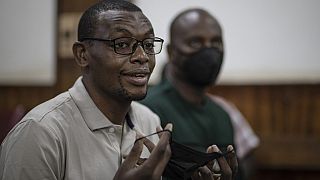
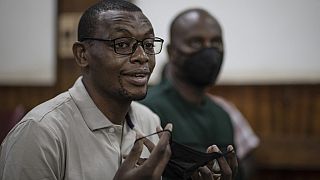
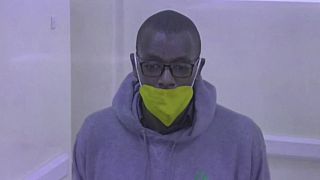
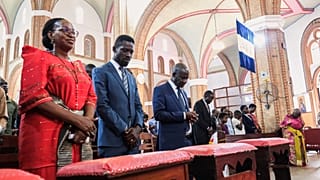
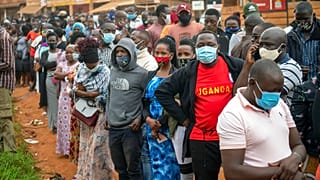
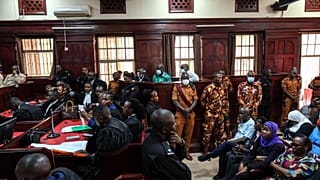
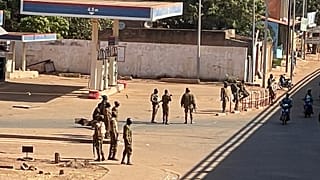
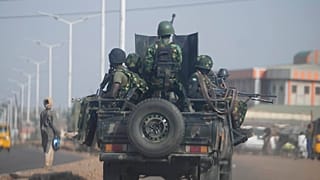

01:01
Tunisia frees humanitarian workers after 20 months in prison
01:49
Uganda: Opposition figure Kizza Besigye denied bail
01:59
Nigeria aim for perfect group finish as Uganda chase AFCON survival
01:12
Senegal: Ousmane Sonko's lawyers request review of defamation trial
00:49
Second trial related to 2009 Conakry Stadium massacre opens in Guinea
01:05
Court ruling looms in high-stakes dispute between PSG and Kylian Mbappé